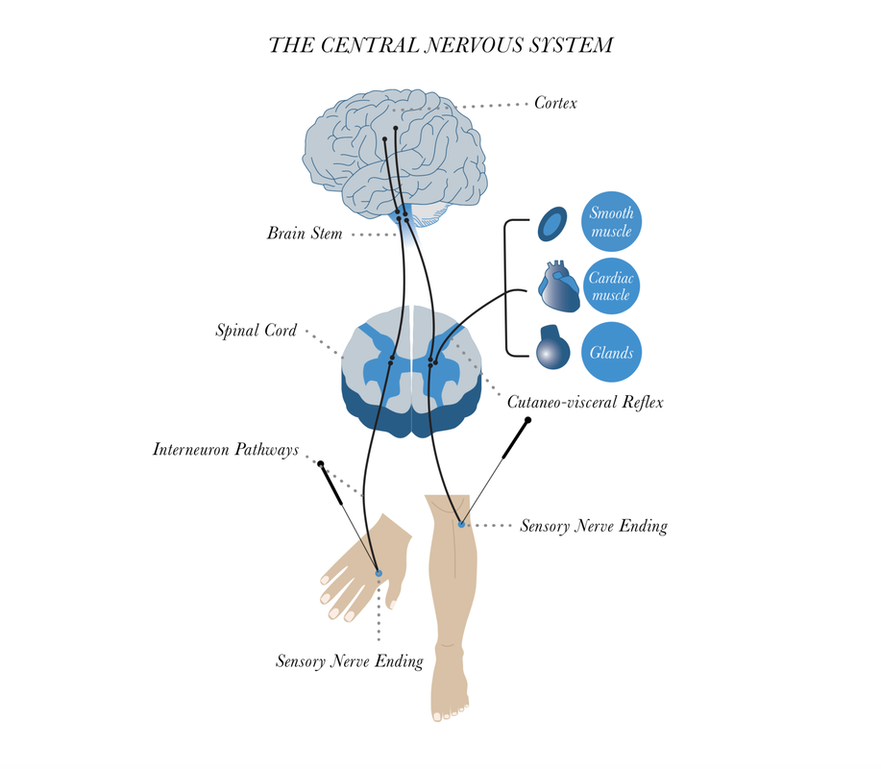ARE YOU STILL TRYING TO QUITE SMOKING?
The effects of smoking on human health are serious and in many cases, deadly. There are more than 7,000 chemicals, including over 60 carcinogens that are known to cause cancer, says the American Cancer Society (ACS) ¹.
How does nicotine affects your body?
- Nicotine reaches the brain within 10 seconds after smoke is inhaled leading to degeneration in a region of the brain that affects emotional control, sexual arousal, REM sleep and seizures ².
- Carbon monoxide binds to haemoglobin in red blood cells, preventing affected cells from carrying a full load of oxygen ³.
- Cancer-causing agents (carcinogens) in tobacco smoke damage important genes that control the growth of cells, causing them to grow abnormally or to reproduce too rapidly.
- Smoking affects the function of the immune system and increases the risk of respiratory and other infections.
- Smoking affects Heart, Liver and Kidney, causing weakened arteries and heart attack, cancer of Liver, Kidney and Bladder.
- The effects of smoking hold additional risks for women: period pains, earlier menopause, cancer of cervix, infertility and delay in conception.
Among the few natural, scientifically-proven ways – hypnotherapy, meditation, massage and converse, Chinese Acupuncture is on the first place to help to kick your cigarette habit in the butt.
How does acupuncture help break the smoking habit?
Acupuncture can provide relief for the symptoms associated with nicotine withdrawal such as, the jitters, restlessness and irritability. As the National Cancer Institute (NCI) says, withdrawal symptoms are worse within the first week of quitting and the intensity of the symptoms drops over the first month4.
Acupuncture can be used to regulate the nervous system in order to break nicotine addiction. It aims to balance energy within the body to optimise health. Treatments focus on reducing nicotine craving, cravings for food that usually increase after giving up smoking and lead to weight gain, also anger, depression, anxiety, irritability, restlessness - generally all common symptoms that people suffer when they try to stop smoking. Acupuncture treatments can also aid in relaxation and detoxification.
"One of the most effective natural and drug-free ways to quit smoking is through acupuncture" said Allison Bailey, Harvard trained MD acupuncturist to Medical Daily. "This form of therapy is very effective for treating addictions of all kinds, including for smoke cessation"5.
The American Journal of Medicine (AJM) reports the findings of a review that observed 6 previous clinical trials (823 people) which used acupuncture as an alternative therapy for smokers to kick the habit. They suggest that acupuncture may help smokers quit 6.
How to start with acupuncture treatment
For an acupuncture smoking cessation program to be successful, you will need patience, commitment and preparation. Besides the acupuncture treatments, factors linked with success also include a strong desire to quit, for the patient to always be reminding themselves of the reasons for not smoking, and the support of friends and family.
Prior to receiving acupuncture, acupuncturist will evaluate several of your smoking habits and make full diagnosis that will determine a unique method of treatment.
Usually a combination of body acupuncture points and points on the ear are used to influence the organs and energy pathways associated with smoking. Smoking cessation begins to decrease gradually because the acupuncture enhances the levels of serotonin in the plasma and brain tissue7.
Acupuncture is not a panacea or magic cure in the treatment of addictions such as smoking, but it is effective in making it easier to quit and to remain smoke-free in the long term.
https://quitza.com/groups/1090/quitting-smoking-with-acupuncture
Book an appointment with Giedre and make this day a day to start on fresh path of well – being
Refferences:
1,5 http://www.medicaldaily.com/articles/16096/20130531/5-natural-ways-quit-smoking-proven-work.htm
² http://edition.cnn.com/2000/HEALTH/11/09/nicotine.brain/
³ http://quitsmoking.about.com/od/tobaccostatistics/a/CigaretteSmoke.htm
4 http://www.cancer.gov/cancertopics/factsheet/Tobacco/symptoms-triggers-quitting
6 http://www.amjmed.com/article/S0002-9343(12)00003-4/abstract
7 http://www.ncbi.nlm.nih.gov/pubmed/16565594

